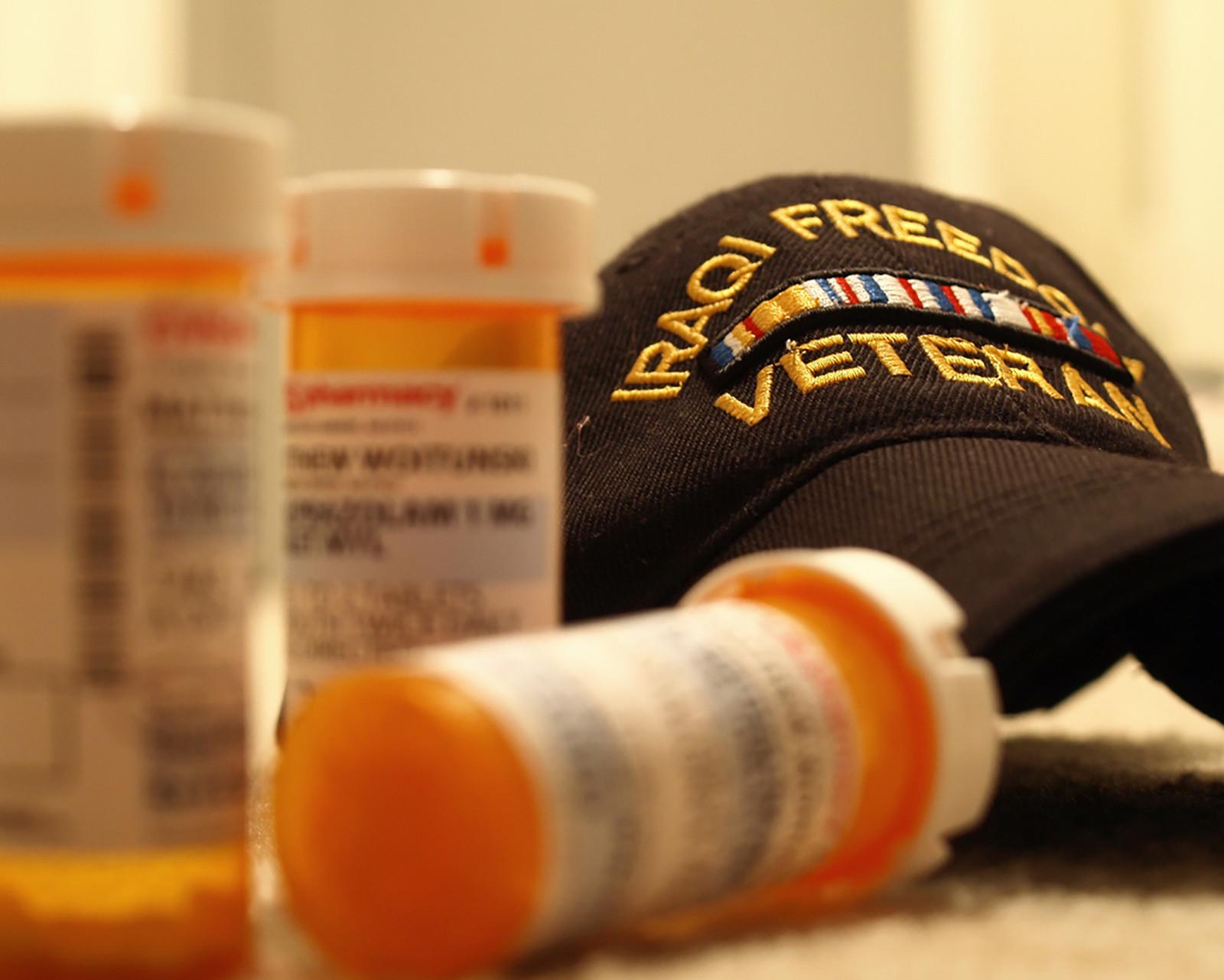As we sit here in our homes, our dorm rooms and our offices, we have a lot to be thankful for. We live in freedom, protected by men and women who devote themselves to serving the United States and keeping us safe. We are not returning the favor.
We’ve all heard horrific stories about war on the news and in our history classes. Many of us cry as we watch YouTube video compilations of soldiers returning home and embracing their families. And we think to ourselves, “these are the lucky ones.” These are the people who made it out alive. But many of these veterans don’t feel like the life they return to is worth living.
The New York Times published a staggering piece Saturday that depicts the lives of multiple veterans who have returned from war in the Middle East broken and battered not just physically, but mentally. Post-traumatic stress disorder plagues them, and they’ve returned to a world where no one but their comrades know the hell they have been through. And when that pain becomes too much, a disproportionate many turn to suicide as an escape.
This piece is saddening and graphic. Soldiers kill themselves in front of family members. Manny Bojorquez, one of the soldiers profiled, had seen six suicides in his battalion in the 18 months since he had returned from war. He tried to do so himself. And many others have experienced the same.
Every day, we ask these men and women to go out and fight in a war that has no foreseeable end, and many of us don’t even know what they’re fighting for. We sit in our history and political science classes and we read textbooks about World War II, and we can attempt to understand what six years of combat was like. The two sides’ goals seem clear, so many years later. There was good and evil. But here and now, the narrative is not so clear. On the news each day we hear stories of fatalities and bombings and battles, but we can’t truly wrap our heads around why these things are happening. And while we may point fingers at specific groups, such as the Islamic State group, we are more so purportedly at war with an idea: terrorism. Specific battles may be won and missions may be accomplished, but in actuality, the public hears very little about what these battles mean or who the clear winner is. And perhaps this is because there isn’t one.
Not one of us can claim to know what these soldiers have been through. We can watch graphic war films and real-life video surveillance, but we are never there, experiencing the horror. We don’t feel the same pain and we don’t see the world the same way. We are fortunate enough to live in an environment that doesn’t experience the direct effects of war, in that we don’t face the threat of daily bombings or civilian casualties other than in a few extreme cases that we’re fortunate enough to count on one hand. But because of this, many men and women return home with no one understanding to turn to.
This is truly tragic. The reasons veterans don’t receive help with their depression, PTSD and anxiety vary from person to person, and studies on this issue are very minimal. According to the Times, battalion leaders actively reach out to their units, giving out their phone numbers and encouraging them to find mental support when they come home. But many veterans won’t seek the help they need individually.
Perhaps a way to remedy this is to require counseling for every soldier when they return from deployment. But more research must be done before something such as this can be enacted. How long does it actually take for these men and women to recover? Does every veteran experience PTSD the same way? There is such a lack of information on this issue that we have virtually no idea of how to handle it.
What’s important to take away from this tragic piece is something that’s been in the back of our minds for years: we have to find a way to reach veterans, and we have to provide more resources for them when they return home from war. Even as more people educate themselves, these veterans’ integration back into society is daunting. They must return to work and to family life with no way to ease into a whole new structure of living. And, to be frank, the average American probably won’t take the time to read a long, in-depth, humanizing profile like this. Many don’t have the time, many think it’s too sad and many don’t seem to care.
But of course, it’s difficult to see practical steps. Is it up to us to educate ourselves about veterans and to help them in their transition? Or is it a matter of mandating therapy post-war? This is complicated territory in terms of modern psychology, and it’s hard to tackle this problem with a one-size fits all solution.
As the country that spends the most money on defense in the entire world, we have that responsibility to the people who we are sending to fight for us. This isn’t a claim that we understand government spending and where this money actually goes (although how many people truly do?) — but there has to be a way that more of this money can be spent serving those who serve us.





















































































































